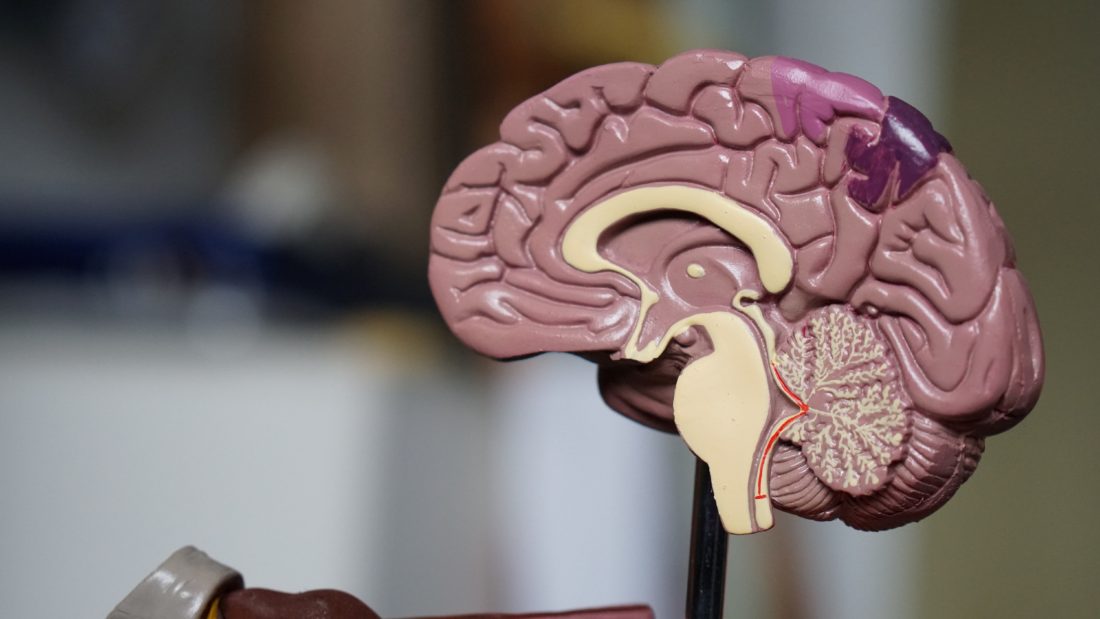Working memory refers to how we temporarily store and manage information in the short-term. It is part of a set of cognitive skills named executive function, and is essential to helping individuals process, store, and retrieve information.

Working memory is vital for children to learn new skills and process complex information. Check out how you can help your child improve theirs with these simple activities and games.
Why is working memory so important in children?
Children rely on the working memory to follow directions and learn new skills. They need it for things such as solving math problems in their heads, or following directions with multiple steps. Essentially, it helps children hold on to new information long enough to use it and store it.
When a child doesn’t develop strong working memory skills, it can affect their overall learning development, particularly in reading comprehension and mathematics. If working memory capacity is low, a child might:
- Consistently forget where they have placed an item
- Want to join in a conversation, but forget what they want to say by the time the other person has stopped talking
- Struggle with mental math
- Need to reread even short amounts of text several times to retain the information.
Ways to improve working memory
It’s east to build activities and games into your child’s day-to-day life that will help them build their working memory capacity. Why not try out the following ideas?
Flipped learning
Flipped learning is when you ask your child to teach you something, rather than the other way round. It can be something simple, such as how to tie a shoelace. The point of this task is to encourage them to explain how to do something, because this involves clarifying information and mentally filing it.
Play card games
Card games are fun activity for all the family, and can greatly improve working memory skills for your child. Not only do games such as Uno and Go Fish require the child to remember and refer back to the rules, but they also have to keep track of cards that have been played.
Music Lessons
Research has shown the numerous benefits that learning a musical instrument has for children. According to LVL Music Academy, piano students benefit from increased memory by learning how to read, write, and play music. This is because of the high working memory capacity required to read and play simultaneously.
So, if your child would like to learn a new skill, why not consider music lessons? Music education providers offer home, studio, and online music lessons, so you can choose whatever format works for your child.
Origami
Origami is another excellent activity for flexing those working memory muscles. Learning new shapes puts attention and working memory into overdrive, with lots of detail to remember. Folds and shapes that are learnt are then repeated, which helps children store that information for later use, and make the connection when it comes up again.
Help form associations
Helping your child create connections between different details helps them form and retrieve information from their long-term memory. It also aids the working memory in holding and comparing new pieces of information. Mnemonics are a great way to make connected information more memorable, and it will capture your child’s interest!
Bottom Line
Remember that encouraging your child to improve their short term memory can be as simple as adding a quick activity into their daily routine, or helping them learn in a different way.
With these handy tips and ideas, your child will quickly boost their short-term memory and be well on their way to successful lifelong learning.



